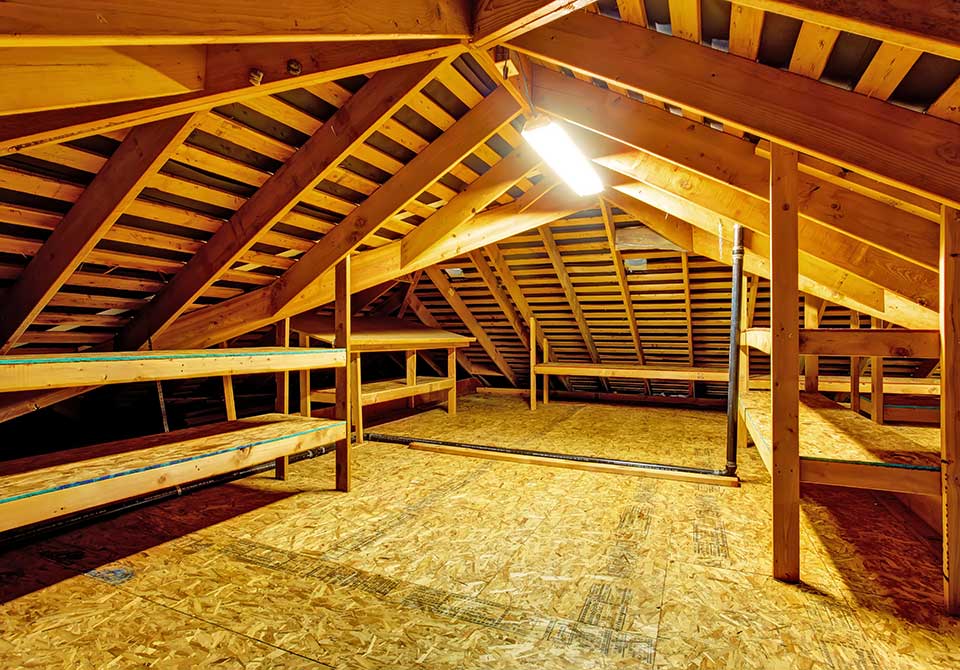
New Year resolution for farmers – look at solar panels
Every farmer should make one important New Year resolution and that is to consider investing in solar panels.
Energy expert Ron Fox was commenting after new research showed that 68 per cent of farms in England that did not use green energy could miss out on up to £1 billion over the next two years.
According to a study by the Energy and Climate Intelligence Unit, an independent advisory group, only 32 per cent of farmers are protected from the volatility of the energy markets by using renewables.
Government figures showed that farming and other businesses paid 98 per cent more for gas in the second half of 2022 compared to the same period in 2021, and 45 per cent more for electricity.
Gas prices are expected to remain high for at least two years and possibly until 2030.
“The simple statistic,” said Ron, “is that if the 68 per cent of farmers were to switch to solar panels, the potential revenue they could earn from this green source could be up to £1 billion, which would balance out the estimated increase of £1.1 billion in fertiliser costs over the same period.”
He said that the number of farms using renewable energy had increased from 18 per cent to 29 per cent from 2014 to 2016, but this has since slowed, reaching only 32 per cent in 2021.
“The benefits of solar power are that they are environmentally friendly with free sunlight; they provide farms and homes with electricity, central heating and hot water and there are no nasty surprises from utility companies putting up energy prices,” said Ron, of Noreus Ltd on the University of Keele Science Innovation Park.
“On top of that people can make money by selling excess energy back to the power firms,” he added.
But Ron said there was one problem still to be overcome. In the UK, land is categorised as Grade 1 to 5, with a number of subsections, within the Agricultural Land Classification (ACL) scheme. Grade 1 is considered excellent quality agricultural land, while Grade 5 is considered very poor-quality agricultural land, suitable for just permanent pasture or rough grazing.
But the government is considering expanding the Best and Most Versatile (BMV) land to include that categorised as 3b.
This is considered suitable for supporting moderate yields of a narrow range of crops, such cereals and grass, but is also where the majority of farm solar panels are put.
If the government agreed to this BMV extension to include 3b land that would effectively ban solar panels from around 41per cent of land in England, or about 58 per cent of agricultural land.
But Ron concluded: “As long as there is a solution that allows farmers to avoid land that’s needed to produce food, but they still have areas to put up solar panels, this will help the agriculture industry to cut bills, bring in extra income, and achieve net zero.”
“If you want any green energy advice and help on solar panels, contact me on 0845 474 6641,” said Ron.
Caption: New Year’s resolution for farmers – look at investigating in solar panels.




